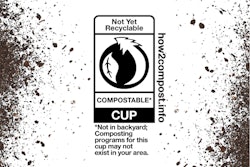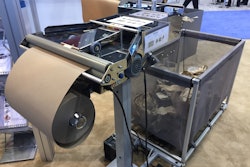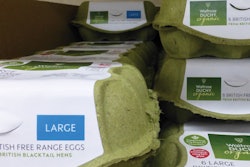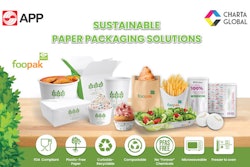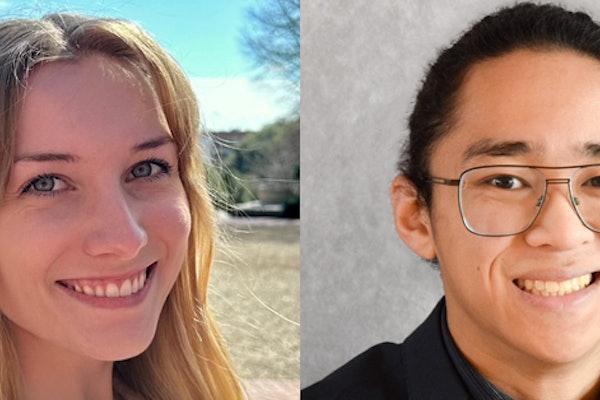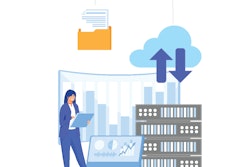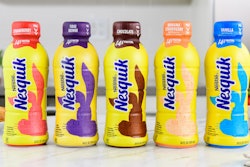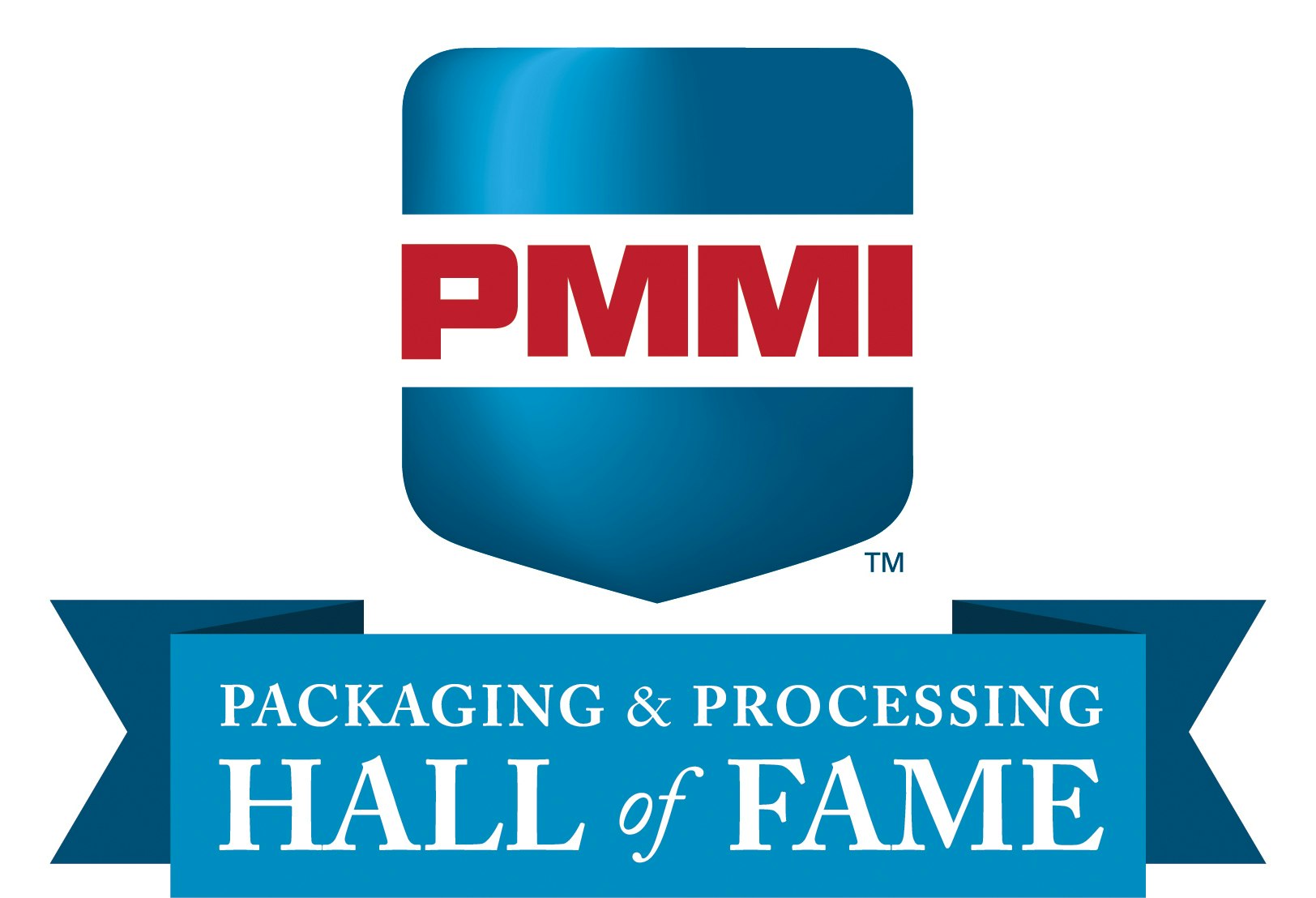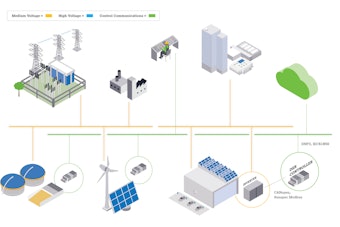The American Chemistry Council’s Plastics Division (ACC) has formed a new partnership with the U.S. Environmental Protection Agency (EPA) aimed at promoting sustainable materials management (SMM) for plastics. SMM offers a systematic approach to more efficiently using and reusing materials throughout their life cycles to reduce environmental impacts and waste.
Through the partnership, EPA and ACC will work together to:
- Decrease disposal rates by tracking and lowering the overall amount of plastics disposed through activities that enable source reduction, reuse, recycling, and prevention.
- Reduce environmental impacts—including greenhouse gas emissions, water, and energy use—of plastics throughout their life cycles.
- Increase stakeholder capacity to implement SMM through technical assistance and raising the per capita quantity of plastic recyclables recovered.
“We are looking forward to collaborating with ACC to reduce environmental impacts from plastics,” says Barnes Johnson, Director of EPA’s Office of Resource Conservation and Recovery. “We believe that there are great gains to be made for the environment, our society, and our economy by working together with the ACC on this important issue.”
“We are excited to work with EPA to advance the adoption of sustainable materials management among plastics makers, brand owners, retailers, policymakers, and others,” says Steve Russell, ACC’s Vice President of Plastics. “By relying on a full evaluation of a material’s life cycle, sustainable materials management can help us make more informed choices that conserve resources and reduce overall environmental impacts.”
Through the SMM partnership, EPA joins the Wrap Recycling Action Program (WRAP) campaign, a public-private partnership with the goal of increasing the volume of plastic wraps and bags (also known as “plastic film”) recycled, through public education and sharing tools and best practices. The WRAP program has been shown to increase collection of post-use plastic wraps and bags through store drop-off programs and reduce the amount of film that is erroneously placed in curbside bins.
More than 18,000 stores across the U.S. collect plastic film for recycling, but many consumers are not aware of this opportunity. WRAP seeks to educate consumers about the many types of everyday packaging that can be recycled at stores.
These include plastic bags from bread, produce, shopping, and dry cleaning; clean food storage bags (with or without zippers); wraps from paper towels, bathroom tissue, napkins, and beverage cases; shipping pillows and bubble wrap; and anything labeled with a #2, #4, or the Sustainable Packaging Coalition’s "Store Drop-Off" Label.
Other WRAP partners include the Sustainable Packaging Coalition (SPC), the Association of Plastics Recyclers, the City of Vancouver, WA, and the States of Connecticut and North Carolina. Several additional states are expected to announce WRAP partnerships early next year. Retailers involved in regional WRAP campaigns include Safeway/Albertsons and Harris Teeter.
